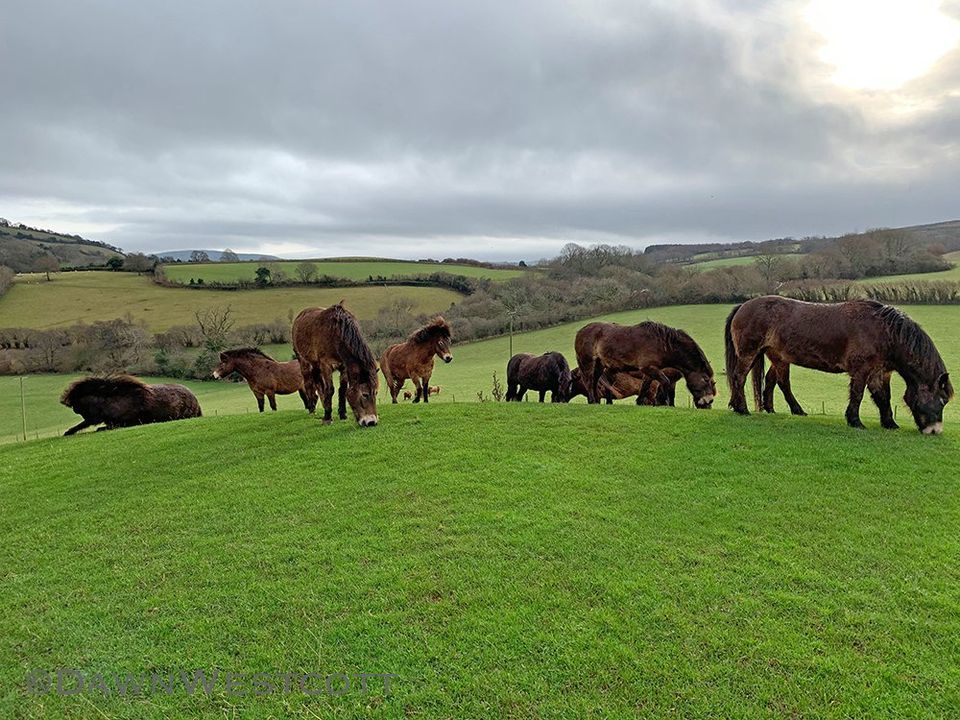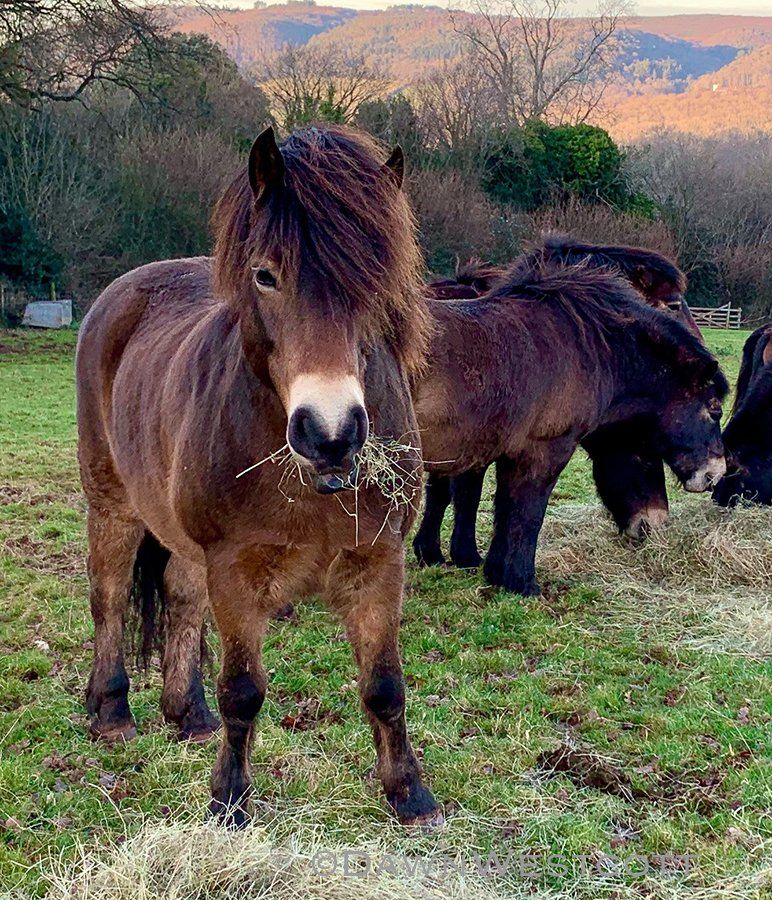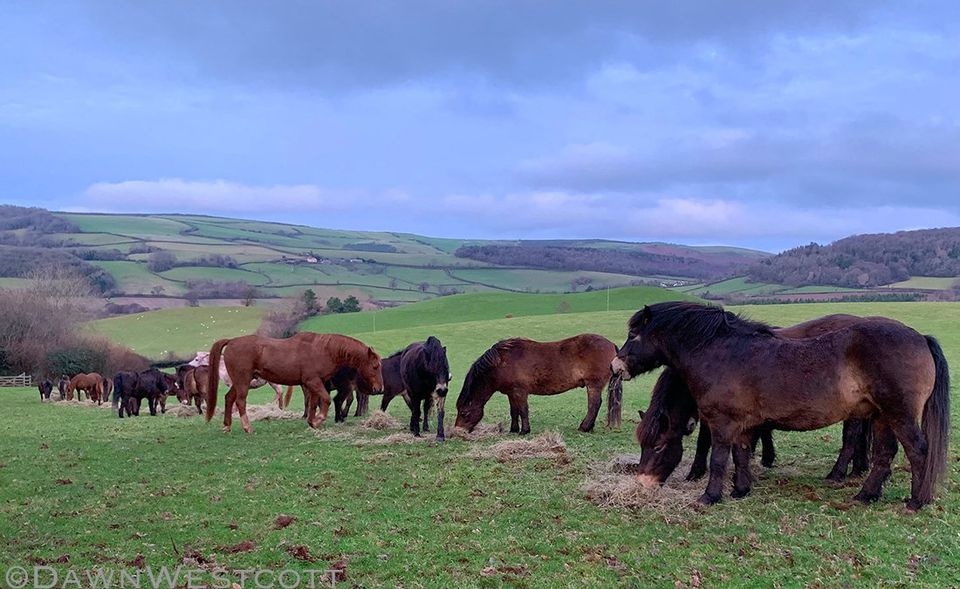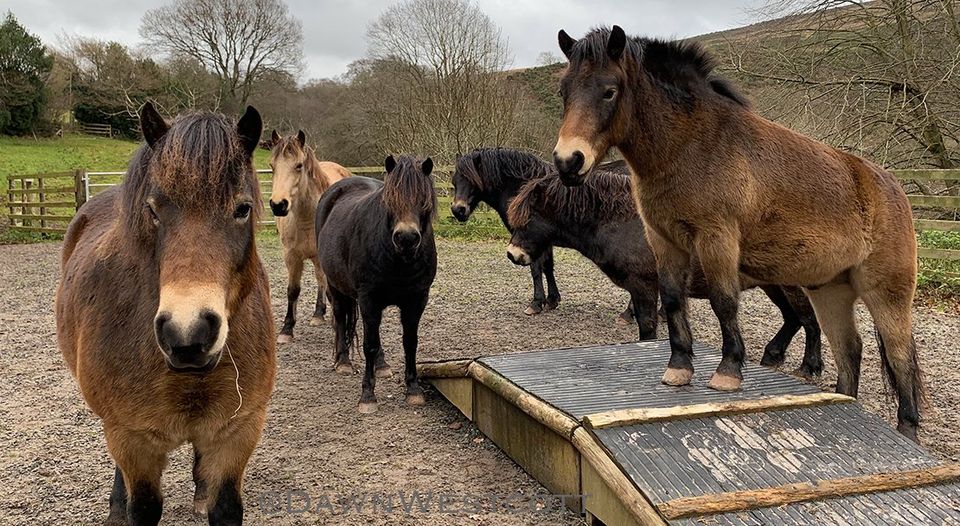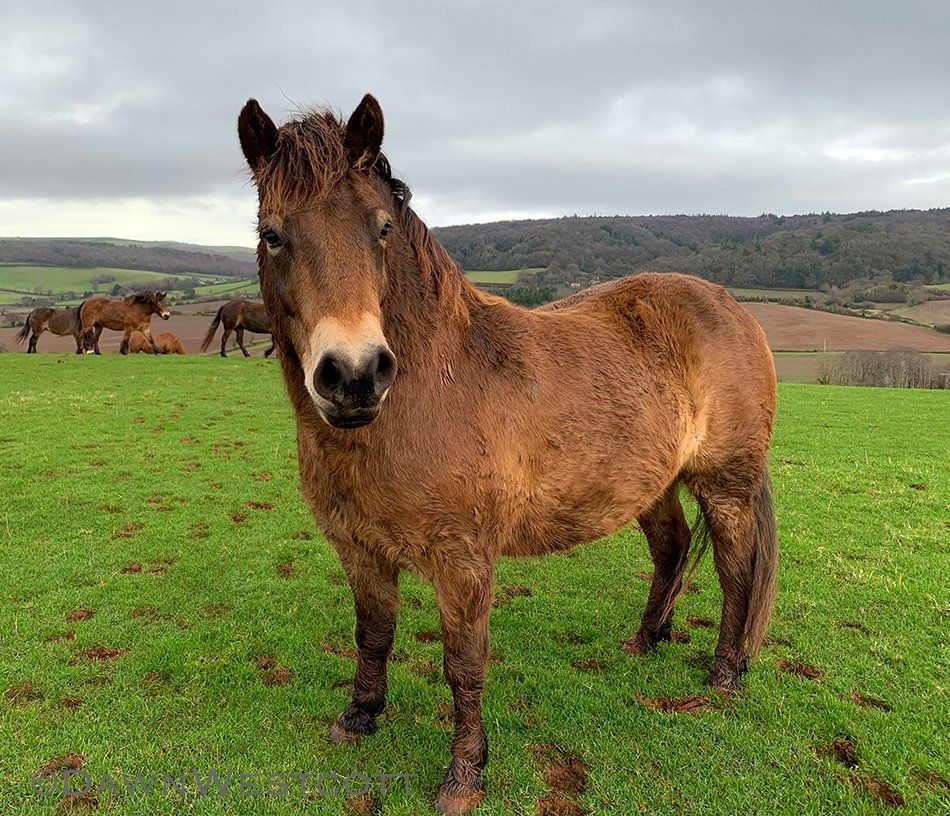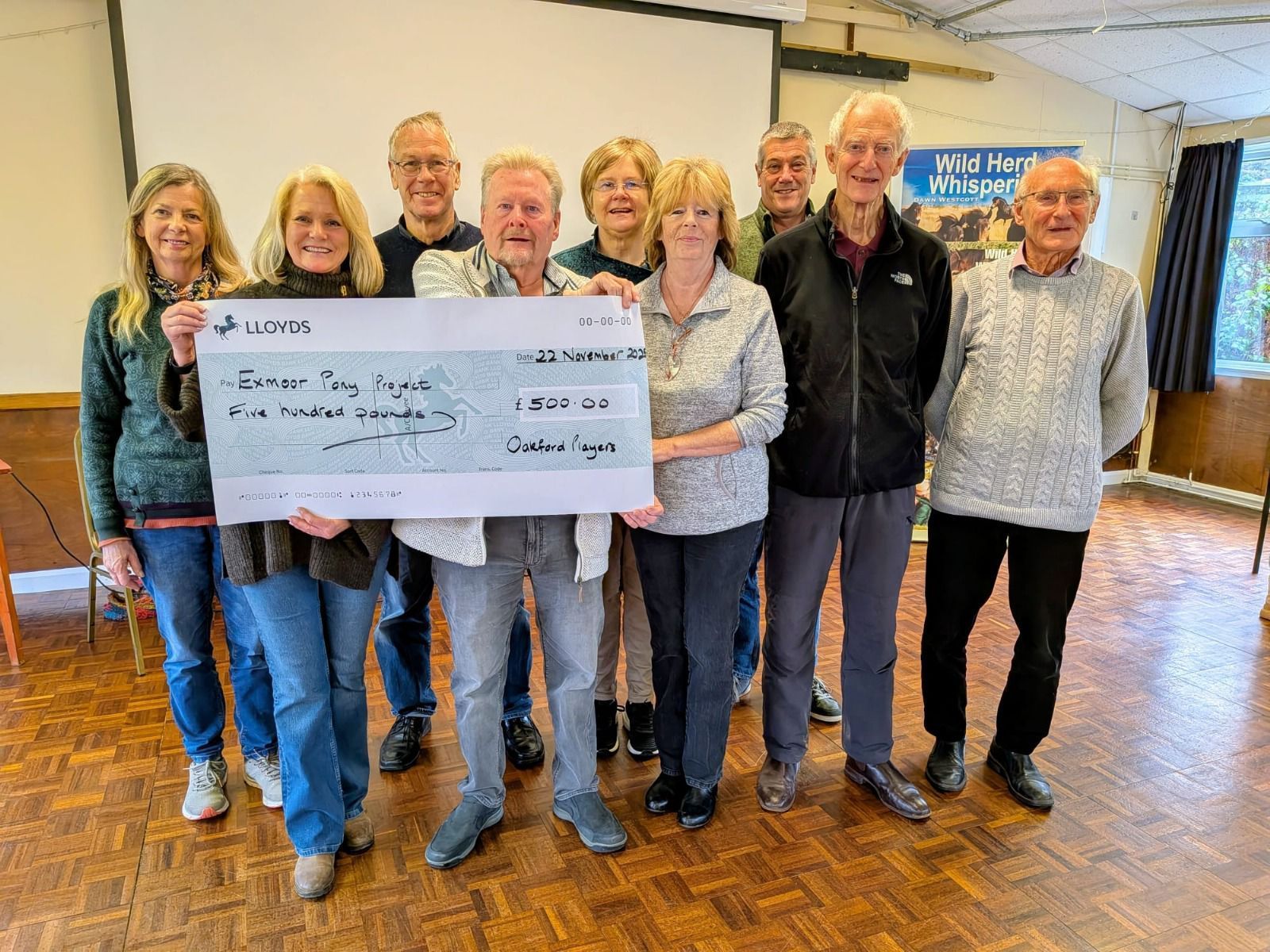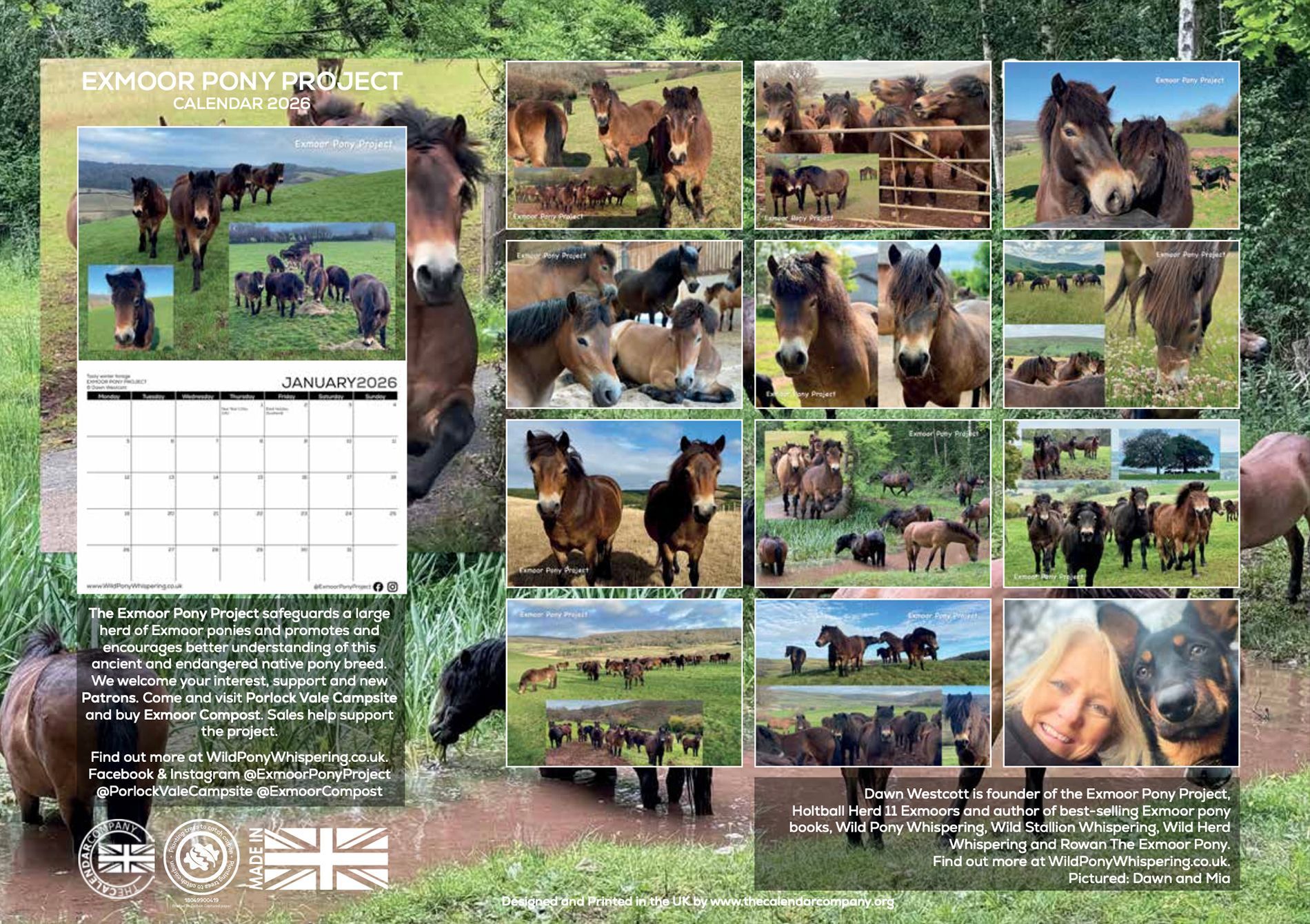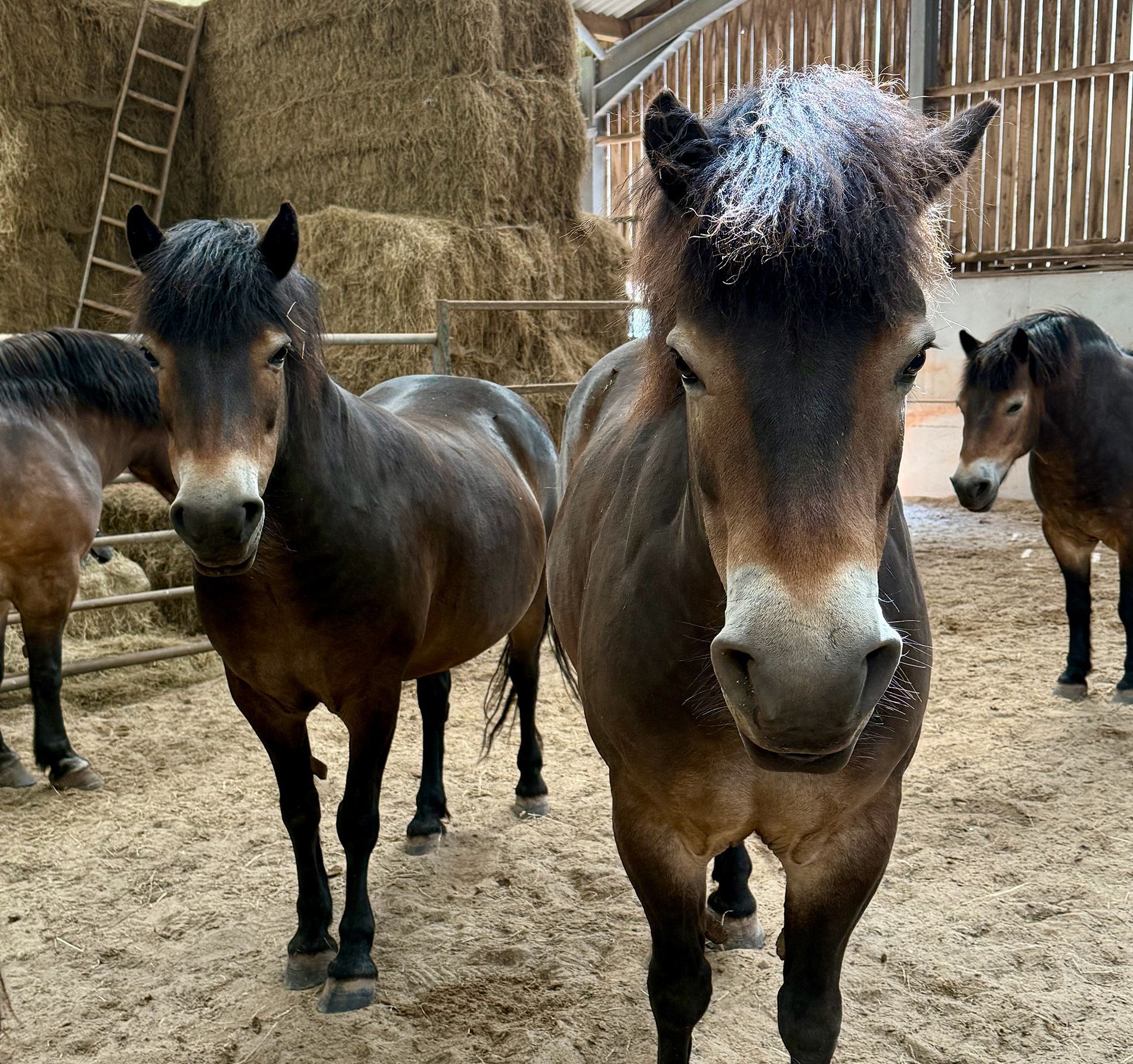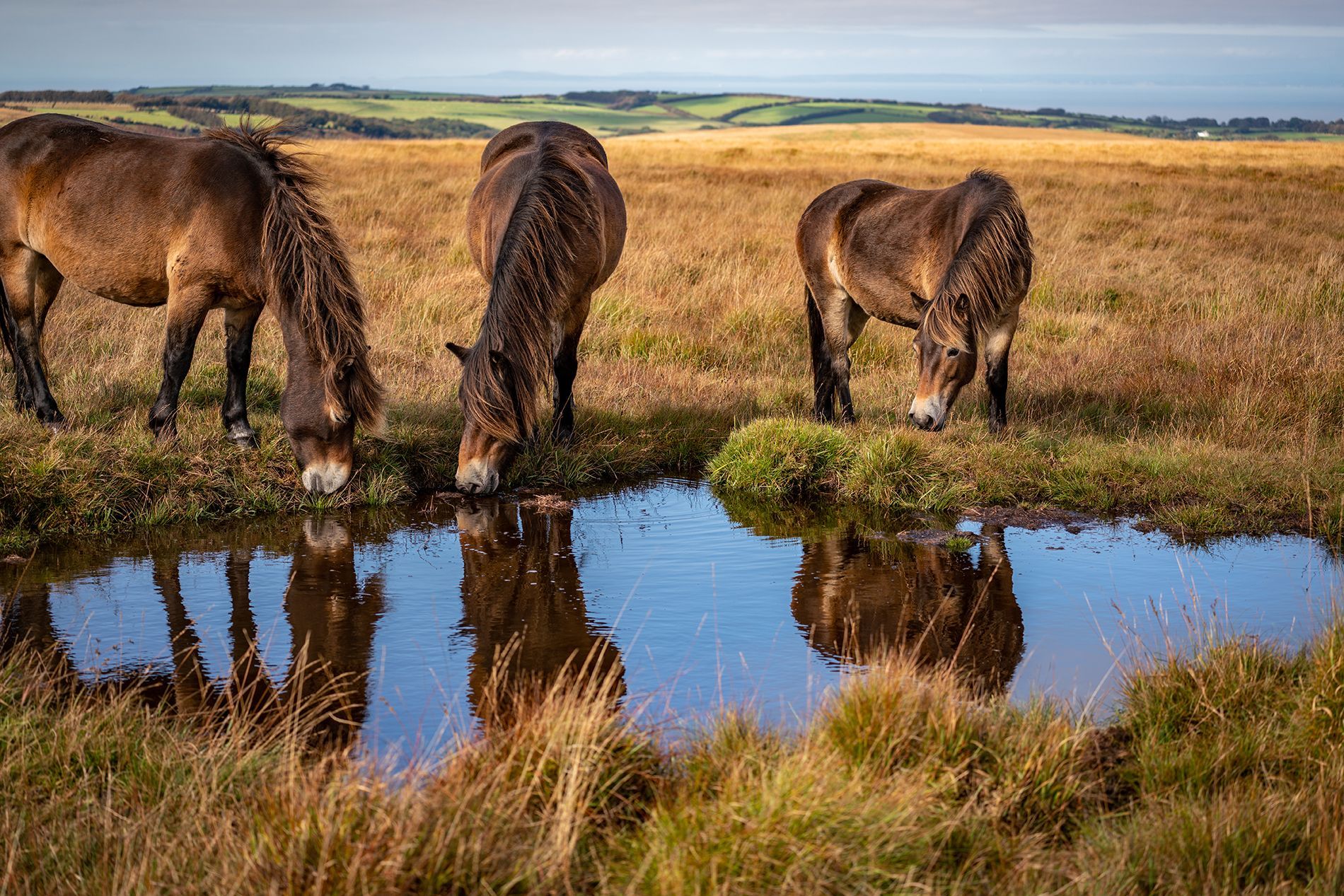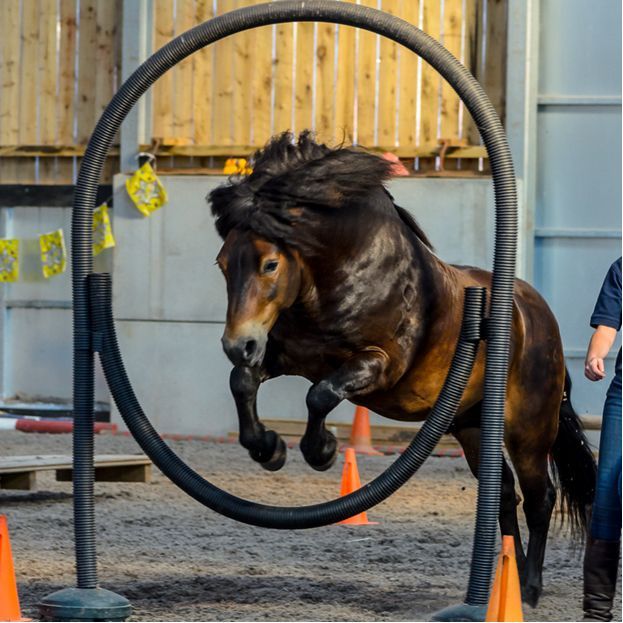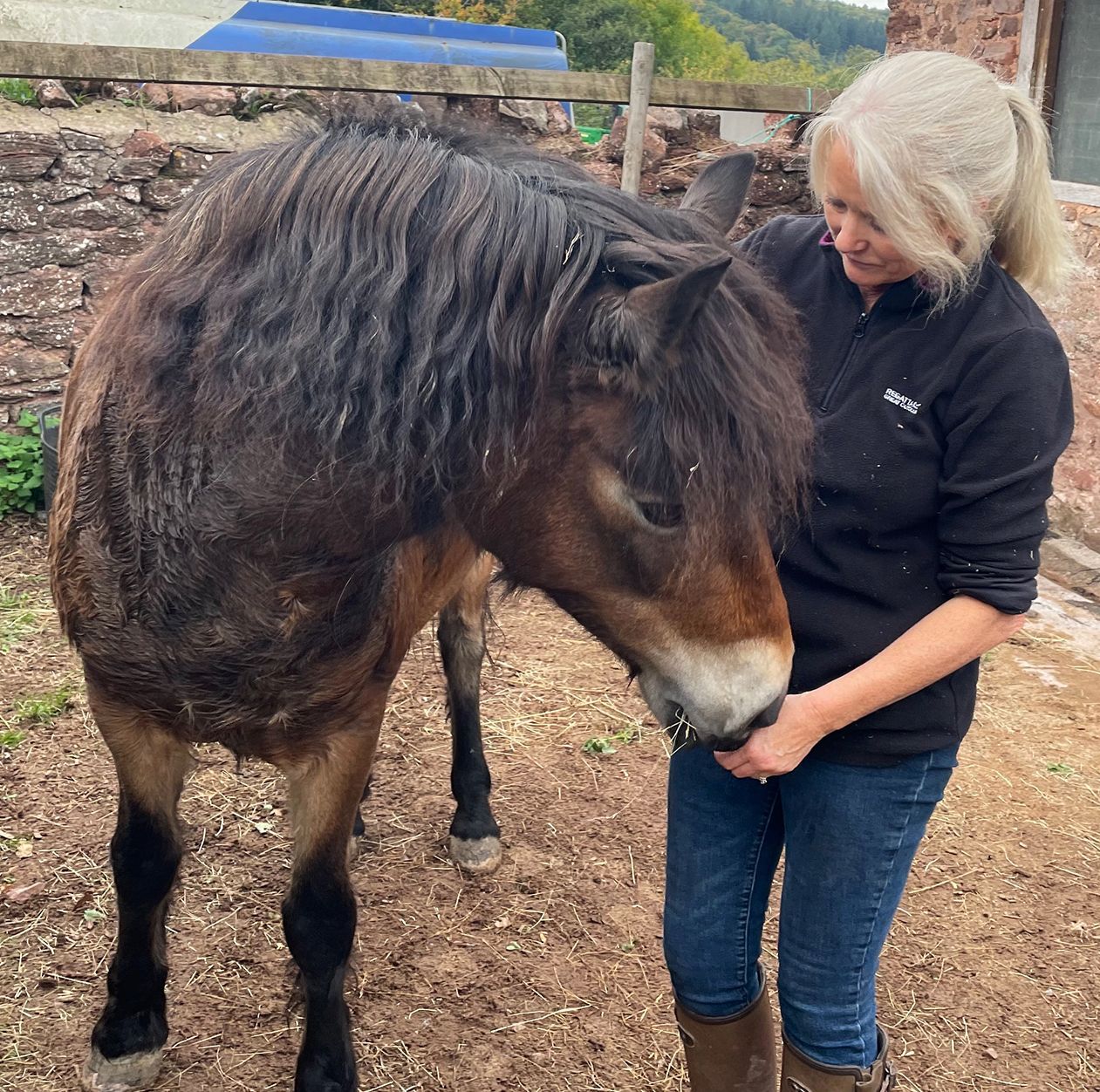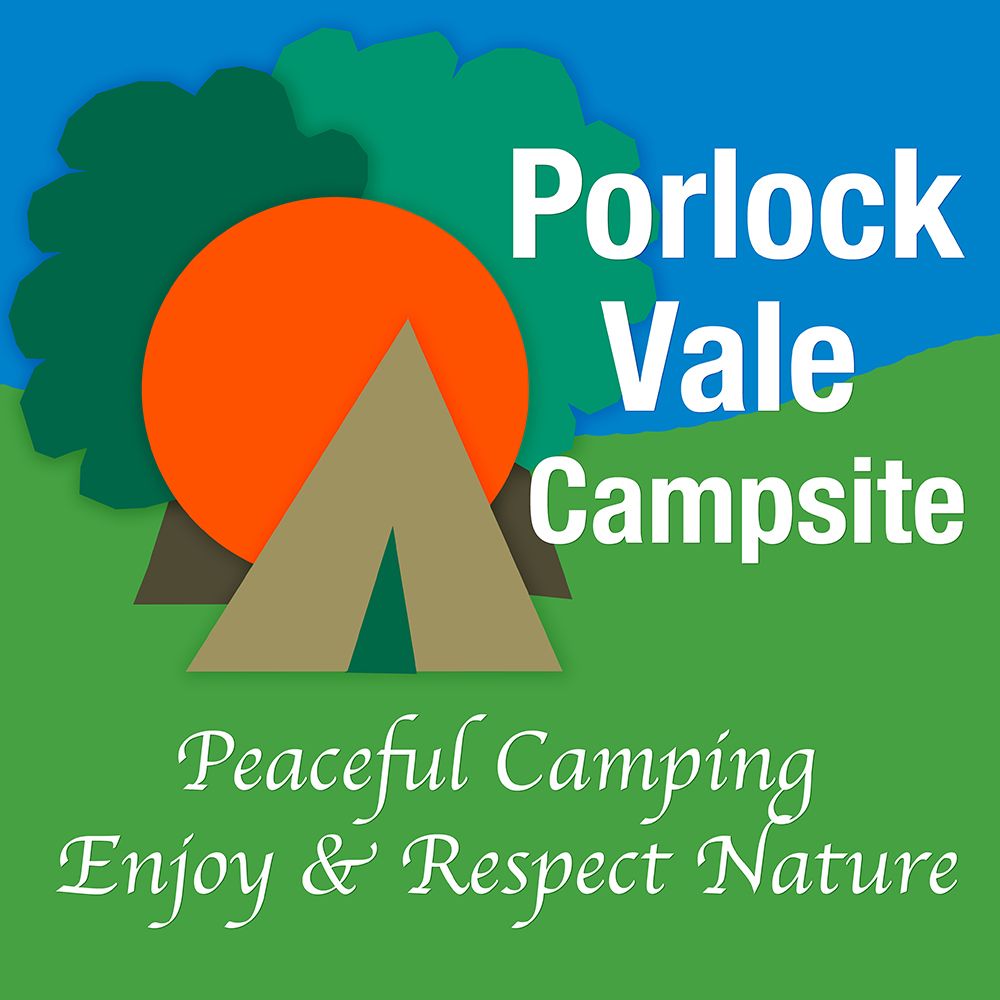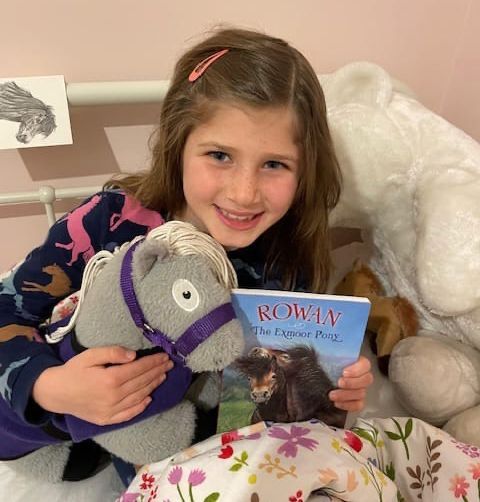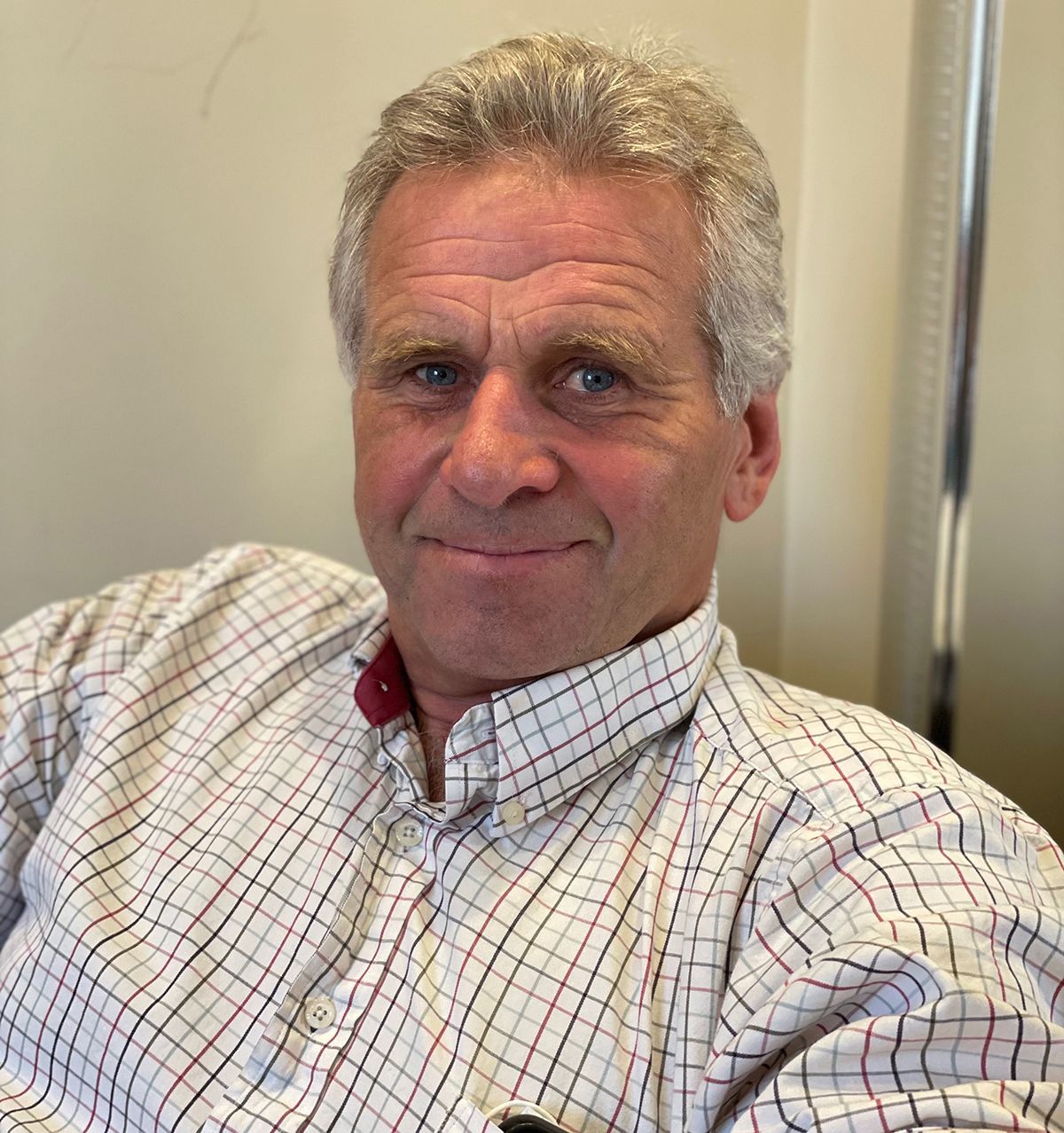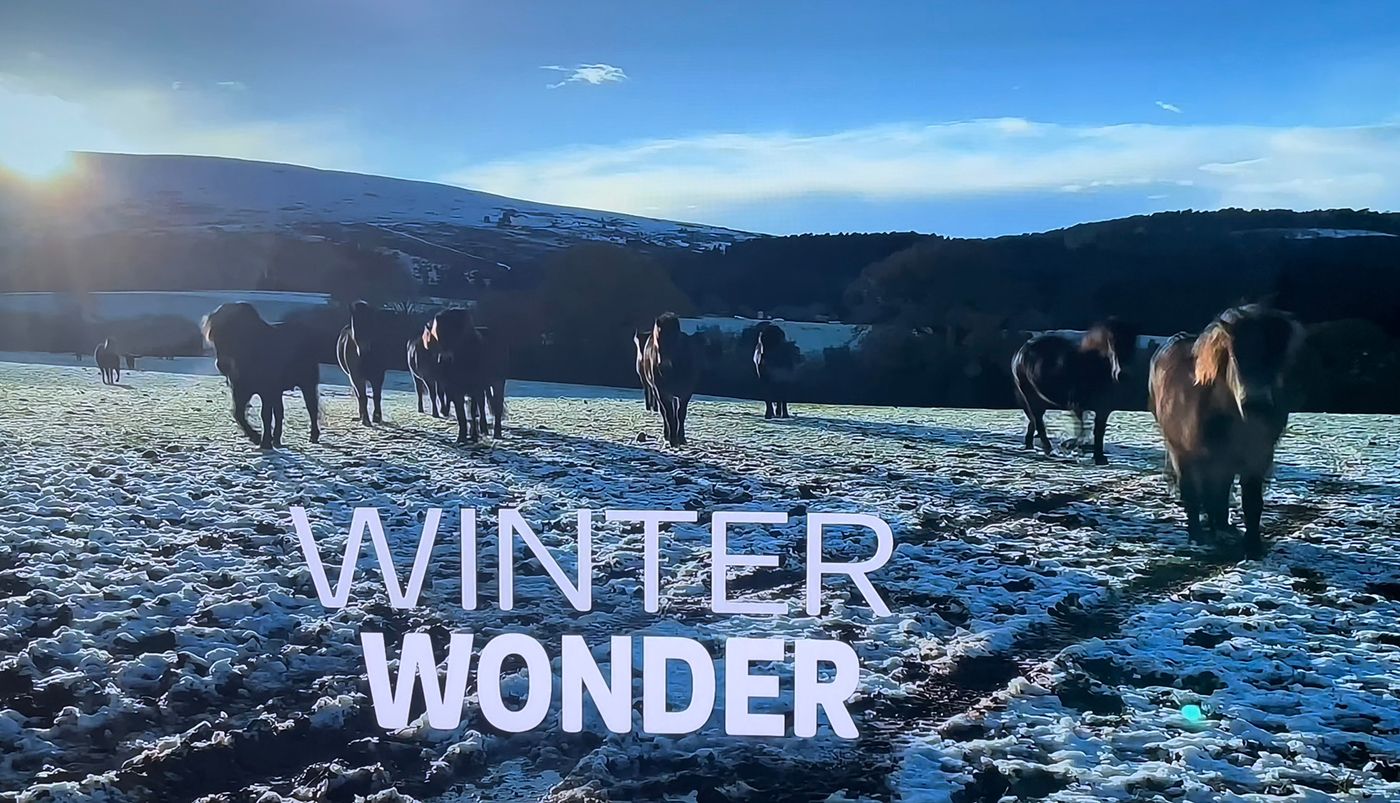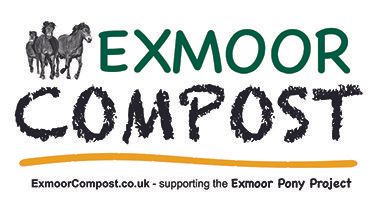Evolving Non-Ridden relationships
Why I don't see Exmoor ponies as animals we HAVE to ride
How many times have you heard people say that ponies should be ridden and are no use as 'field ornaments'?
It's in our equestrian psyche, often leaving a nagging feeling of guilt when you have ponies grazing in a field. "I should be riding and schooling them," I've frequently said to myself over the years. And yet, I haven't actually met a pony yet who I can honestly say is thrilled to do 'ridden schooling'. Don't get me wrong, I've had some fantastic ridden experiences with Exmoor ponies and hope to have many more in the future.
But there's more to life with ponies than riding them, as I'm continuing to discover.
Having found ourselves evolving the Exmoor Pony Project
and taken on various orphans and other endangered breed Exmoor ponies in tight spots, I've had to adapt and adjust to new responsibilities and reorganisation of our resources and activities. Currently, and for some time now, I don't get time to ride. It's a luxury that always seems just out of reach amid a mountain of chores.
What started as a practical issue of not being able to fit in riding with all the socialisation, care and management of the ponies, something amazing is growing, in terms of the interactions and understanding them - and what they can teach us.
With the sheer scale of dealing with a number of herds, including a large one, and an age range from foals to veterans, time is often tight and I've had to look to the ponies to help me. This means developing the communication and connection between us, with things like calling the herds, asking ponies to come in, or step out from the herd - or come this way, or do that, etc. If I need ponies to come to me from the farthest corners of their pastures - they will. If they are a number of fields away at twilight and I need them to come back to the farm - my call must result in the herd responding straight away.
Ponies that rarely have a head collar on understand that if I need them to wear one, have their feet done, have a groom, check them over, etc - they need to do that. I can't rely on continual handling to keep them tame, because I can't handle over 30 ponies a day. There are many different characters within the herds - some are bold and confident, others remain wary and shy. Some are bossy and some are meeker and more sensitive. Some generous, some defensive, some gregarious, some jealous. It's a massive mix of personalities, emotions and social interactions and status within the herds. And all of them need to connect with me. Frequently with no head collar or any form of 'restraint', my only tool is my request and our mutual ability to ensure we understand each other.
I started exploring this in my third book Wild Herd Whispering
- how the need to connect with herds has evolved my thinking about our overall relationships with equines.
I very much looking forward to getting back in the saddle, and when I do, my approach and attitude will have enhanced empathy - continuing with bitless and barefoot.
However, I now completely value all the non-ridden stuff and don't simply look at ponies as animals we have to ride.
There is so much more - a world of communication and connection with these highly-intelligent, sentient creatures that extends far beyond getting on their backs. And which is incredibly special and rewarding.
So don't worry if you're not riding, can't ride or don't want to ride the ponies - non-ridden connection and communication with ponies is a wonderful tonic for the mind, body and soul - and for our mental health, wellbeing and self-development.
I ran some workshops last year which were about Connecting With Exmoor Ponies and Yourself
. The aim was to get people thinking about letting go of everyday stresses and chaotic thoughts, still their minds, sit in the present moment, still their egos - and become properly aware of a state of calm mindfulness, and their observation skills. Then we met a herd of ponies and they used that enhanced awareness to explore a connection with them.
The workshops had a profound effect on everyone who attended and I was thrilled to see this concept working with women, men, young and old - and particularly helpful in a mental health capacity. This was all conducted non-ridden, and actually 'non-handling' as the ponies remained at liberty. Helping people to better understand themselves and connect is empowering and healthy. I think non-ridden equines have a much bigger role to play in this area going forwards.
Keep In Touch
If you're interested in hearing more about Connecting With Exmoor Ponies & Yourself Workshops
this year, please join our mailing list - email dawnwestcott@hotmail.com.

